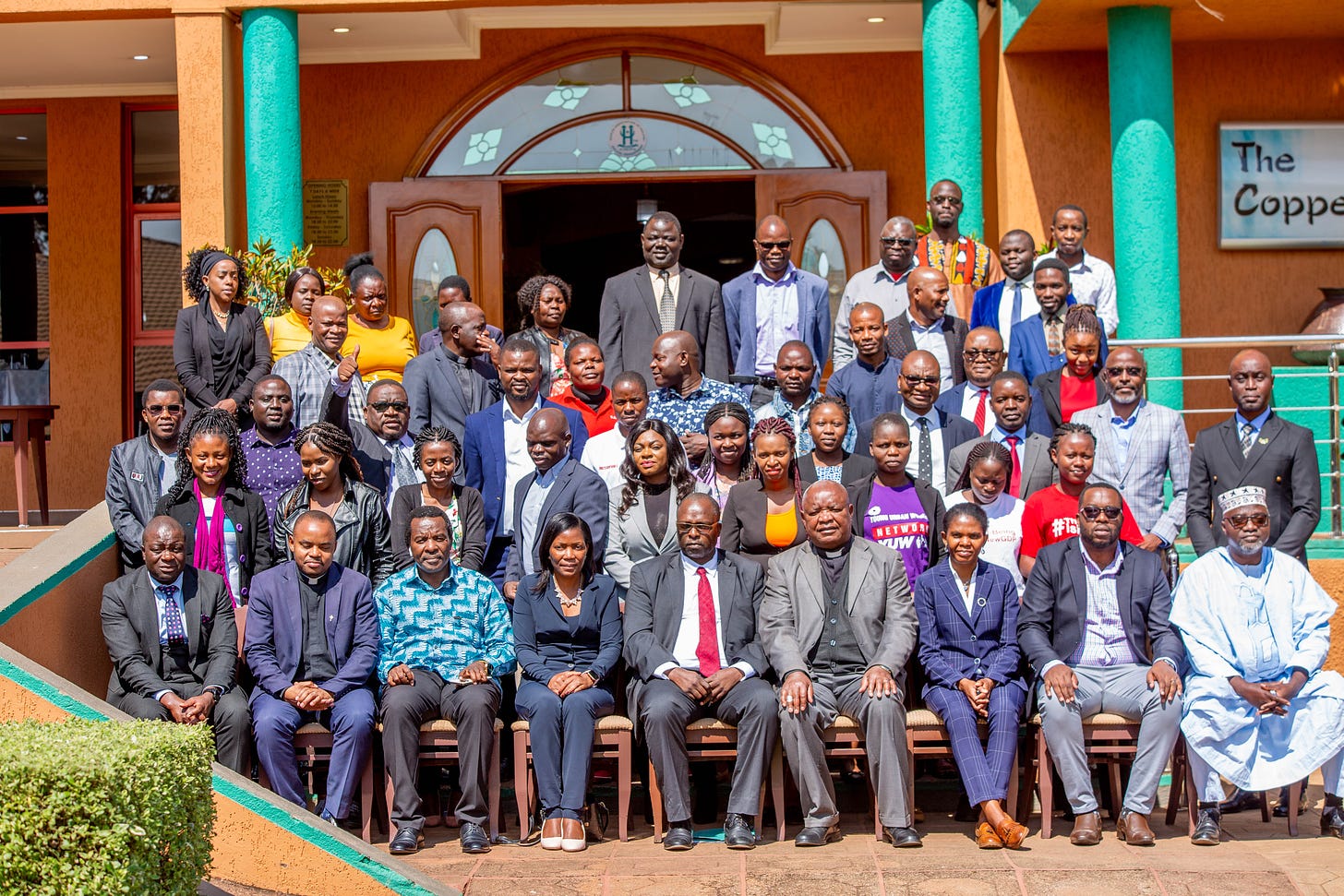1st Malawi debt crisis conference highlights civil society role
The 1st Malawi Annual National Conference focuses on the sovereign debt crisis and the contribution of civil society in addressing the issue.
Lilongwe, Malawi - The 1st Malawi Annual National Conference of Debt and Development kicked off on Tuesday, July 25, 2023, in Lilongwe, with the theme "The Sovereign Debt Crisis for Malawi: The Role of the Civil Society", writes Winston Mwale.
The conference has brought together various stakeholders to discuss the pressing issue of the country's debt situation and explore the role of non-state actors in addressing the crisis.
The opening ceremony, chaired by Leone Matanda, began with introductions, conference objectives, housekeeping, and announcements.
Dr. Martin Mtumbuka, the Chairperson of the Malawi Economic Justice Network (MEJN) Board, delivered welcoming remarks, followed by representatives from the African Forum and Network on Debt and Development (AFRODAD).
The Guest of honour for the morning session is Dr. Mafuta Mwale, Secretary to the Treasury, who shared valuable insights on the current state of Malawi's sovereign debt.
After a short health break, Prof. Betchani Tchereni from the Malawi University of Business and Applied Sciences (MUBAS) took the stage to address the attendees on the theme "The Sovereign Debt Crisis in Malawi: The Role of Non-State Actors."
He presented his analysis titled "The Impact of Foreign Debt on Economic Growth in Malawi," emphasizing the significance of analyzing external debt's impact on economic growth while considering other macroeconomic variables.
"The main objective of this study was to analyze the impact of external debt on economic growth in Malawi. Other macroeconomic variables such as exchange rate, lending rate, inflation, and openness were also analyzed as control variables," Prof. Tchereni stated.
The presentation shed light on how external debt is perceived as a source of loanable funds and foreign exchange, both crucial variables in stimulating investment and consumption in Malawi.
It highlighted that Malawi's national budget heavily relies on external funding, with most of it coming in the form of debts, which are often used for pro-poor activities such as building clinics, school blocks, and water and sanitary facilities.
However, the study also revealed a negative and statistically insignificant relationship between economic growth and external debt.
This finding raised concerns about the heavy reliance on external resources for budgetary support and suggested the need for alternative strategies.
The afternoon session featured a panel discussion involving representatives from the Ministry of Finance, Parliament, Reserve Bank of Malawi, and Human Rights Resource Centre, who examined the impact of debt on Malawi's development.
On Day 2, the conference will be split into three streams, each focusing on distinct aspects of the debt crisis.
Stream 1 will address the effects of debt on social service provision and investments, Stream 2 will delve into climate financing, and Stream 3 will concentrate on public interest litigation of debt issues.
The conference aims to provide a platform for diverse perspectives and constructive dialogue to tackle Malawi's sovereign debt crisis collectively.
Through meaningful actions and informed discussions, the participants seek to address the country's economic challenges and build a sustainable future.



